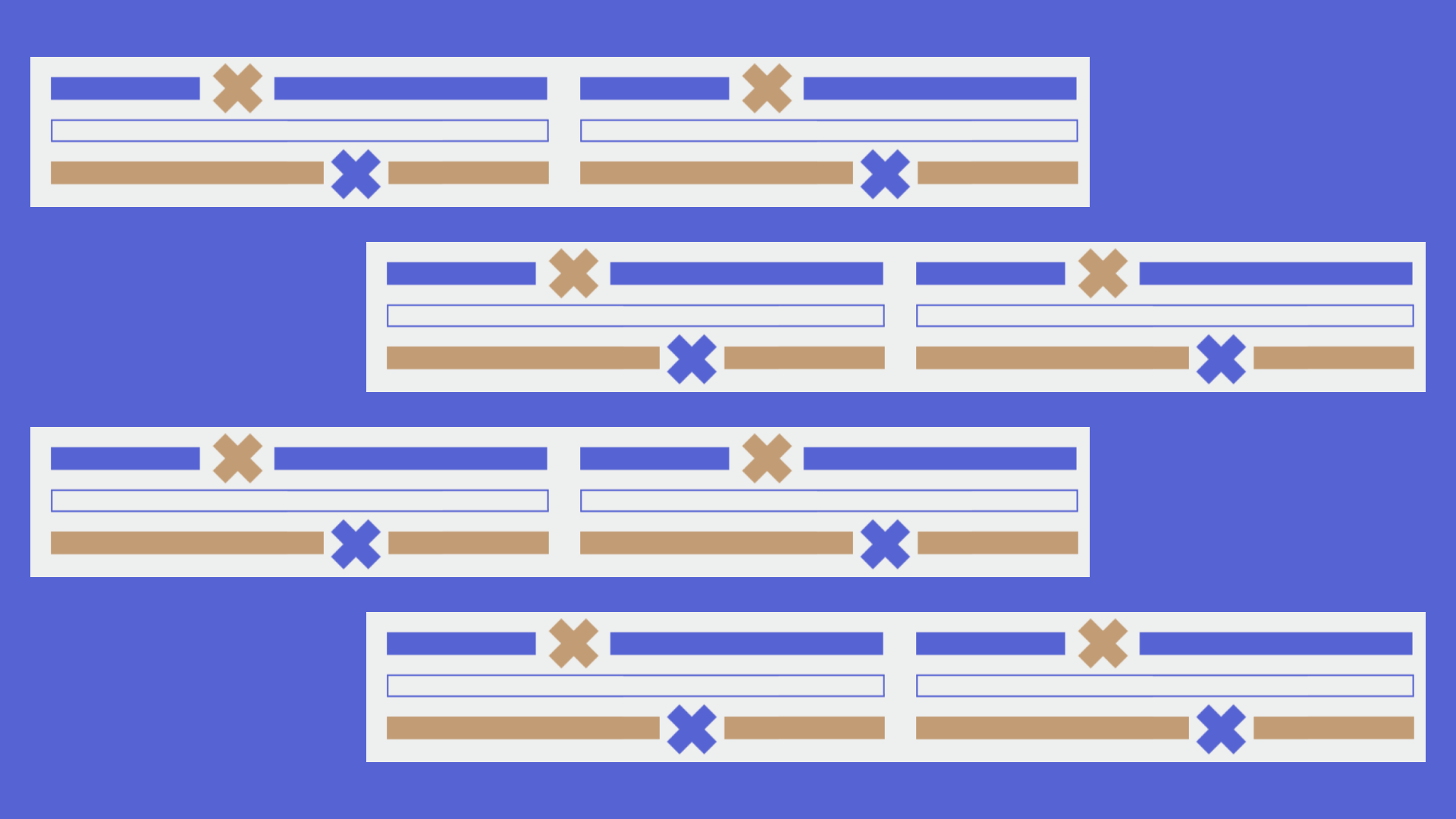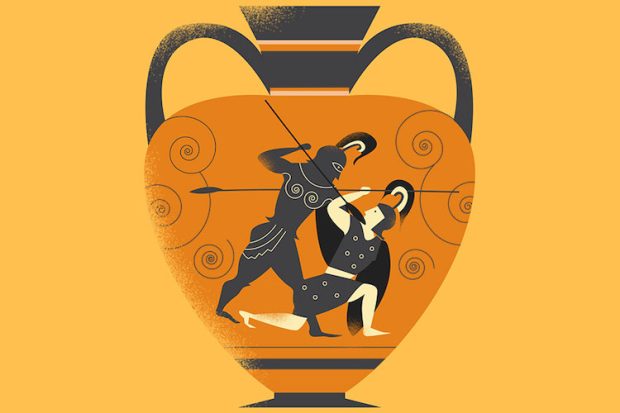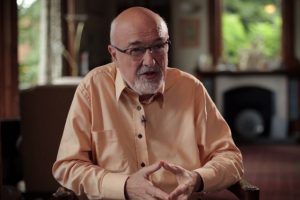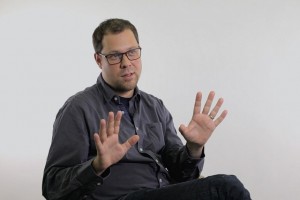Neural Basis of Social Interaction
Neuropsychologist Chris Frith on mirror neurons, perception of biological motion, and mentalizing

Critical thinking is the ability to systematically doubt, scrutinize what you hear or read, and filter out false information, accepting nothing by default. It also encompasses the ability to highlight the main points, generalize, and compare phenomena or events. Moreover, critical thinking includes the right to make mistakes, acknowledging that our perspective might also be far from reality and thus requires scrutiny. If you possess these skills, you are capable of critical thinking.


The roots of the concept of critical thinking trace back to ancient Greek philosophers. Their assumptions, conclusions, and methods gradually formed a cohesive understanding of the subject.
In the 17th century, French philosopher René Descartes described the method of radical doubt in his work “Discourse on the Method.” This method is based on “skepticism” or “doubt in everything.” Descartes is also credited with the famous statement: “I think, therefore I am.” According to him, this proposition requires no proof and serves as the primary truth from which new truths can be derived.
One of the founders of the principle of “critical thinking” is considered to be the American philosopher and educator John Dewey from the early 20th century. In his research, Dewey described methods and tools that allowed individuals to solve diverse tasks. He used the concept of “inquiry” to describe a set of purposeful actions aimed at transforming an unclear problematic situation into a well-structured and thus solvable one. This process involves several sequential steps: formulating the problem (i.e., the essence of the difficulty), proposing hypotheses, and testing them through action.
There are few studies on this topic, but Lev Vygotsky emphasized that the psyche is inherently biased and aligns with the subject’s lifestyle. It is designed to filter and alter reality so that the subject can act more effectively in the world.
The diversity of such cognitive traps was best described by Daniel Kahneman, who received the Nobel Prize for his research in 2002, and his colleague Amos Tversky, who did not live to see the award. In Kahneman’s theory of bounded rationality, he highlighted cognitive heuristics—mental shortcuts that are supposed to help us adapt effectively but can lead to erroneous conclusions.
For example, when we use minimal context or a “frame” as a reference point, rather than the broader context in which our decision is made. Or when we rely only on information available at the moment and do not seek more detailed or comprehensive data. Another example is when we choose only information that confirms our viewpoint and ignores information that challenges it. The good news is that if we understand the cause of the error, we can learn to overcome it. Sometimes, it’s simply important to be aware of its existence.

Neuropsychologist Chris Frith on mirror neurons, perception of biological motion, and mentalizing

Psychoneuroimmunologist Daisy Fancourt on social prescribing and the effects of arts on our health and well-be...

Neuroscientist Jan Engelmann on the biology of decision-making, parts of the brain responsible for trust, and ...